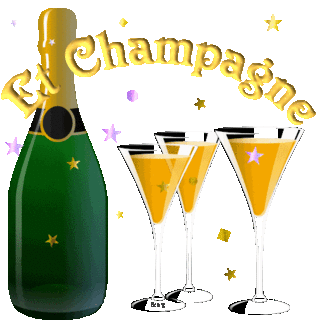
Researchers have announced that drinking one to three glasses of champagne a week may counteract the memory loss associated with aging, and could help delay the onset of degenerative brain disorders, such as dementia.
Sober scientists at the University of Reading have actually proven that the phenolic compounds found in champagne can improve spatial memory, which is responsible for recording information about one's environment, and storing the information for future navigation.
Champagne has relatively high levels of phenolics compared to white wine, deriving predominantly from the two red grapes, Pinot Noir and Pinot Meunier, which are used in its production along with the white grape Chardonnay. It is these phenolic compounds which are believed to be responsible for the beneficial effects of champagne on the brain.
Professor Jeremy Spencer, Department of Food and Nutritional Sciences, University of Reading, said: "These exciting results illustrate for the first time that the moderate consumption of champagne has the potential to influence cognitive functioning, such as memory. Such observations have previously been reported with red wine, through the actions of flavonoids contained within it.
Dr. David Vauzour, the researcher on the study, added: "in the near future we will be looking to translate these findings into humans. This has been achieved successfully with other polyphenol-rich foods, such as blueberry and cocoa, and we predict similar outcomes for moderate Champagne intake on cognition in humans."
Previous research from the University of Reading revealed that two glasses of champagne a day may be good for your heart and circulation and could reduce the risks of suffering from cardiovascular disease and stroke. Their scientific research paper is published in Antioxidants and Redox Signalling.